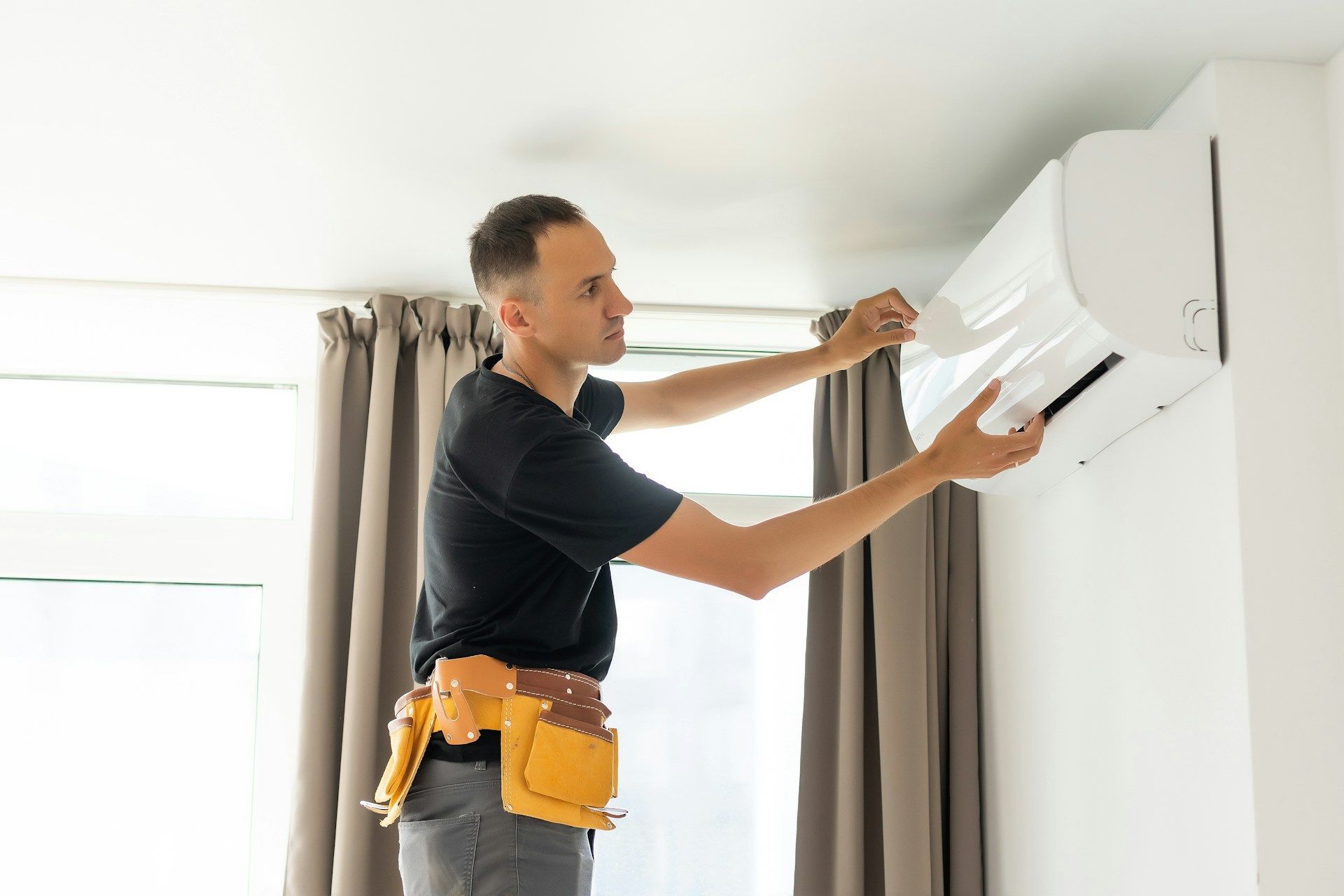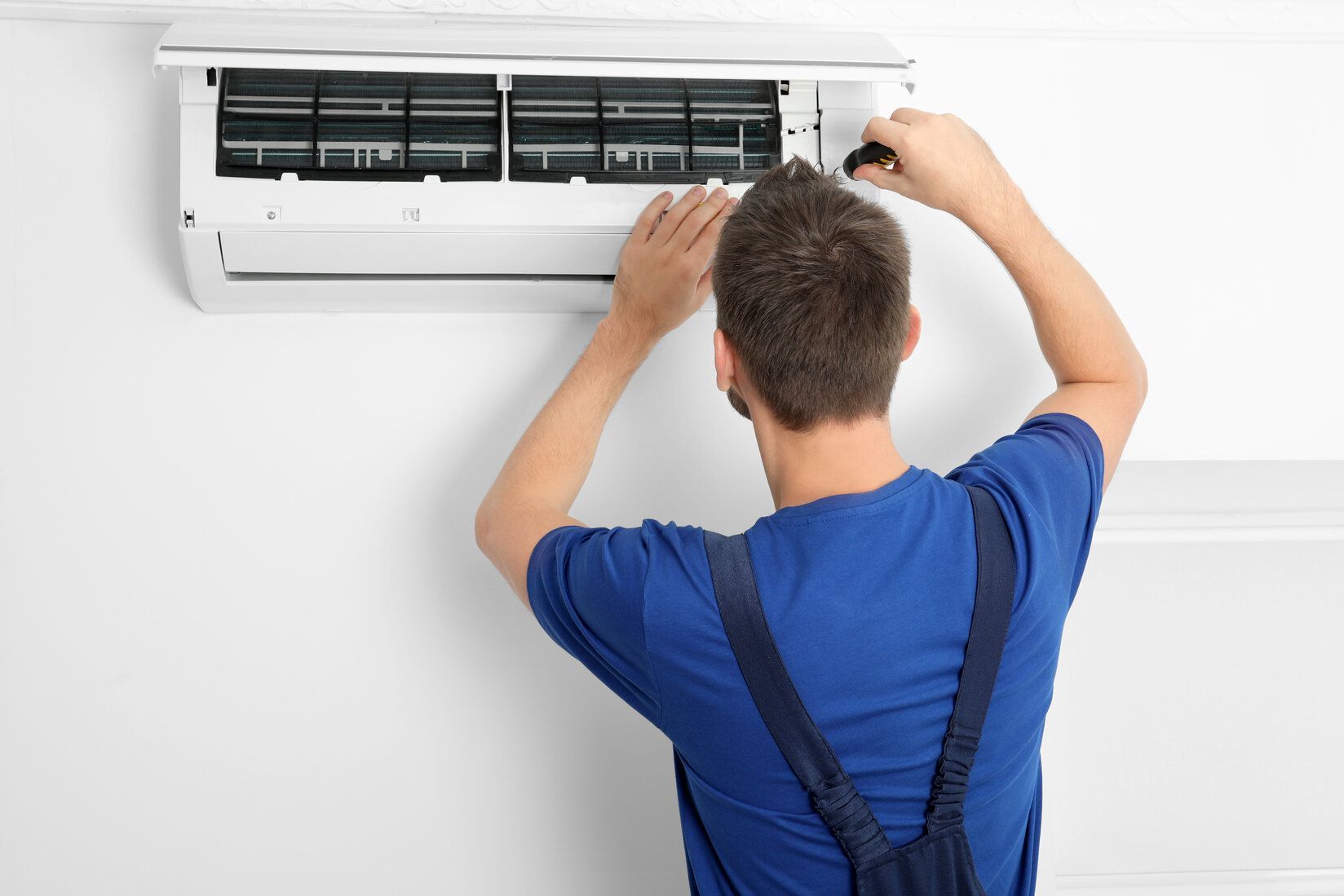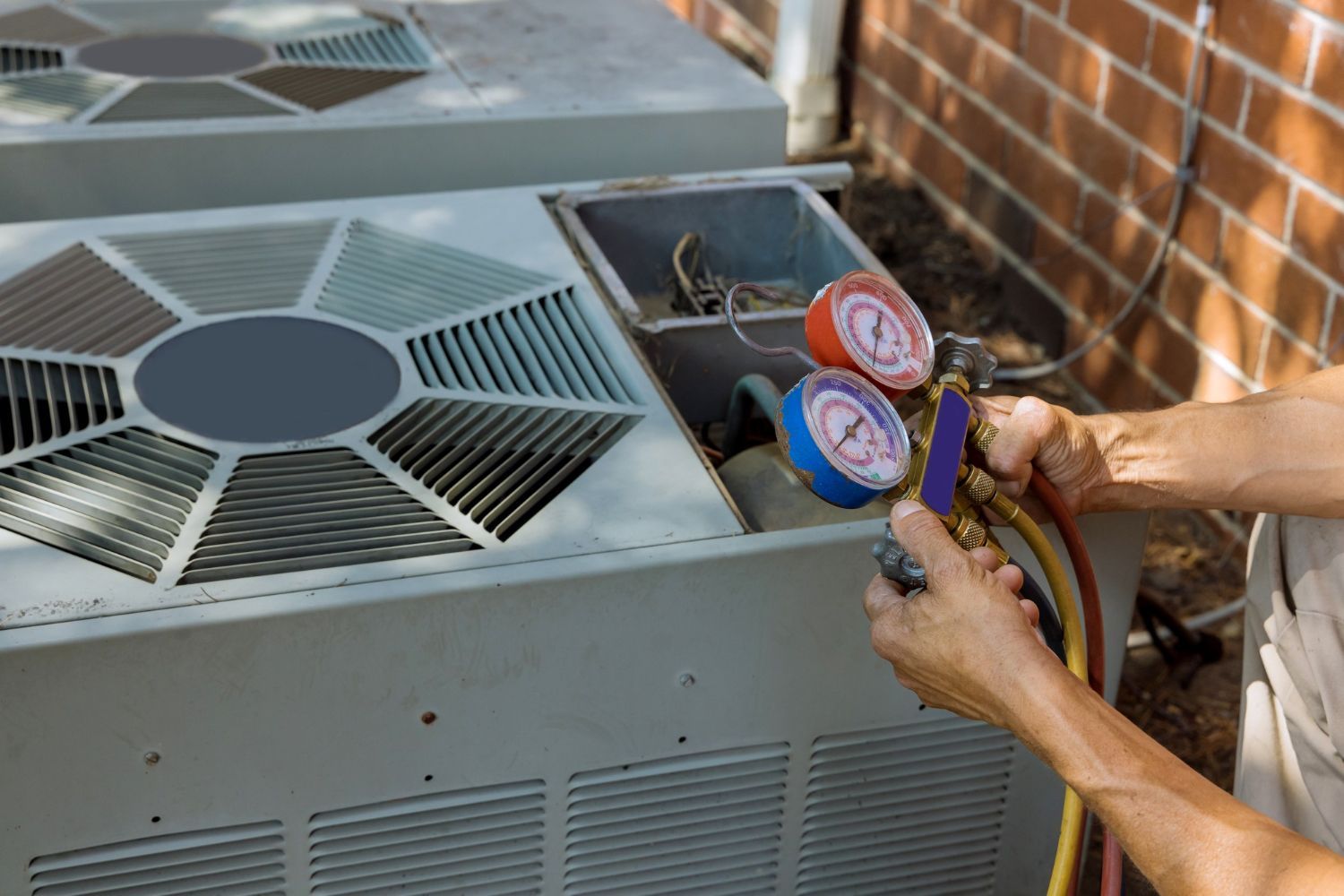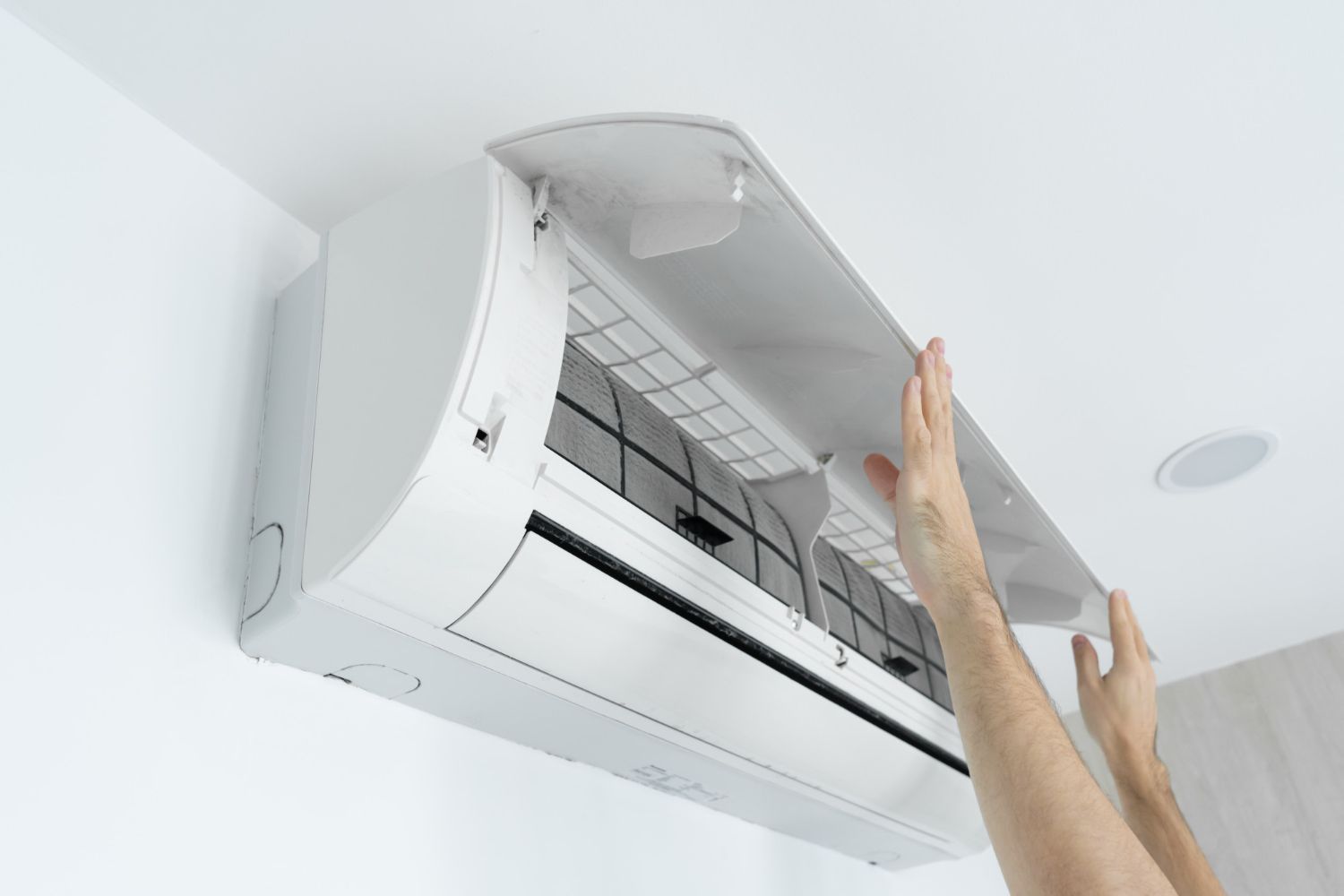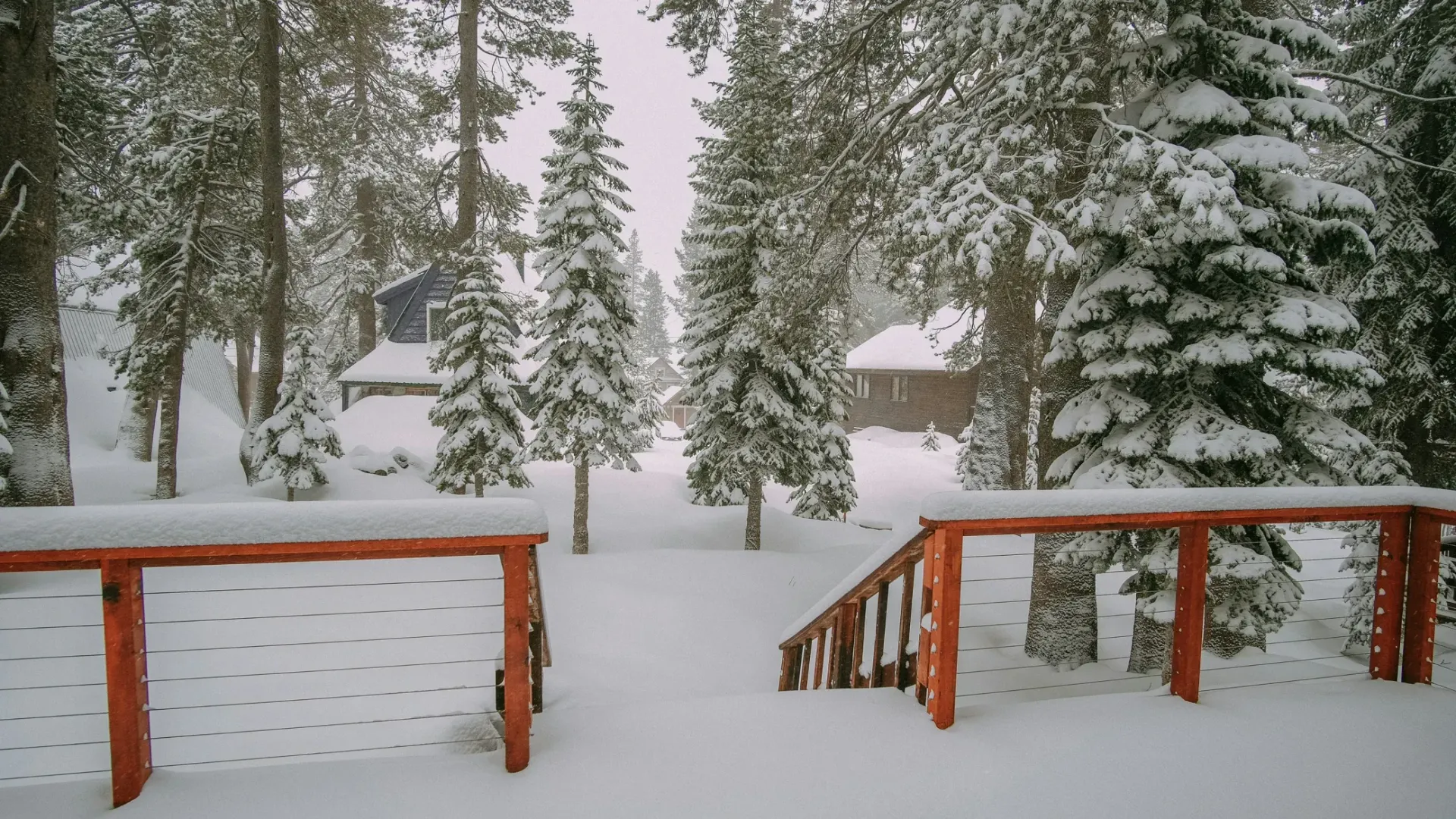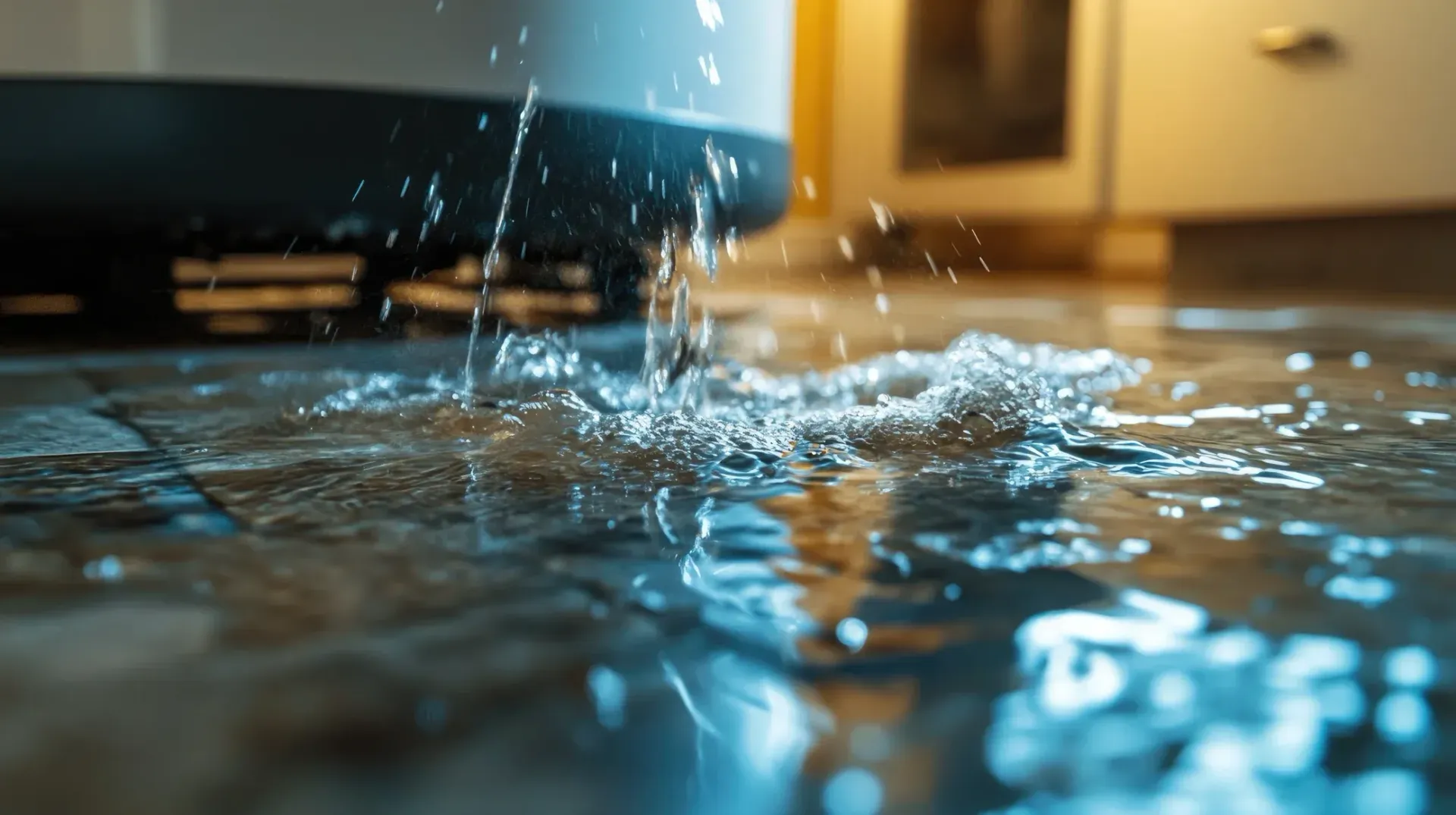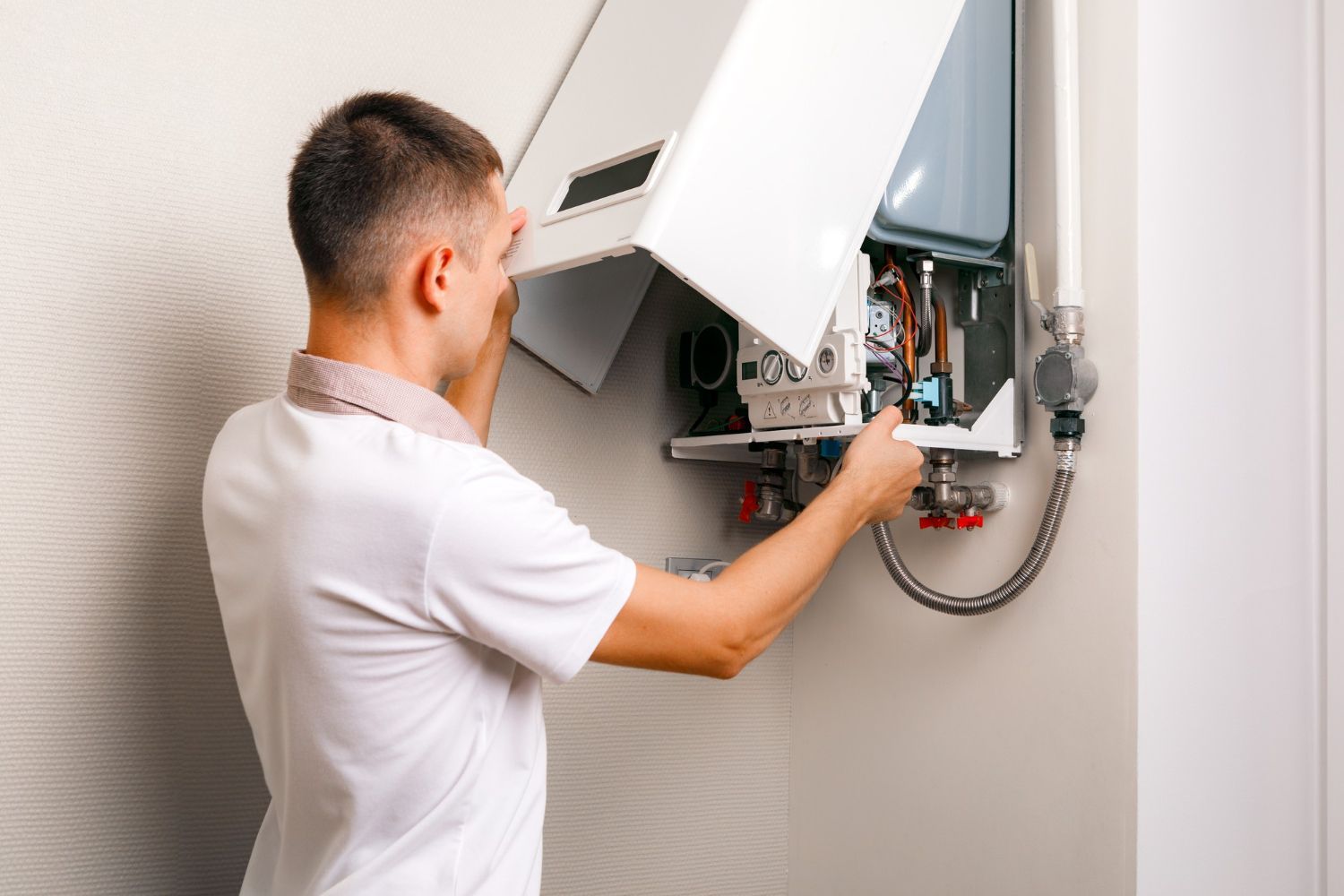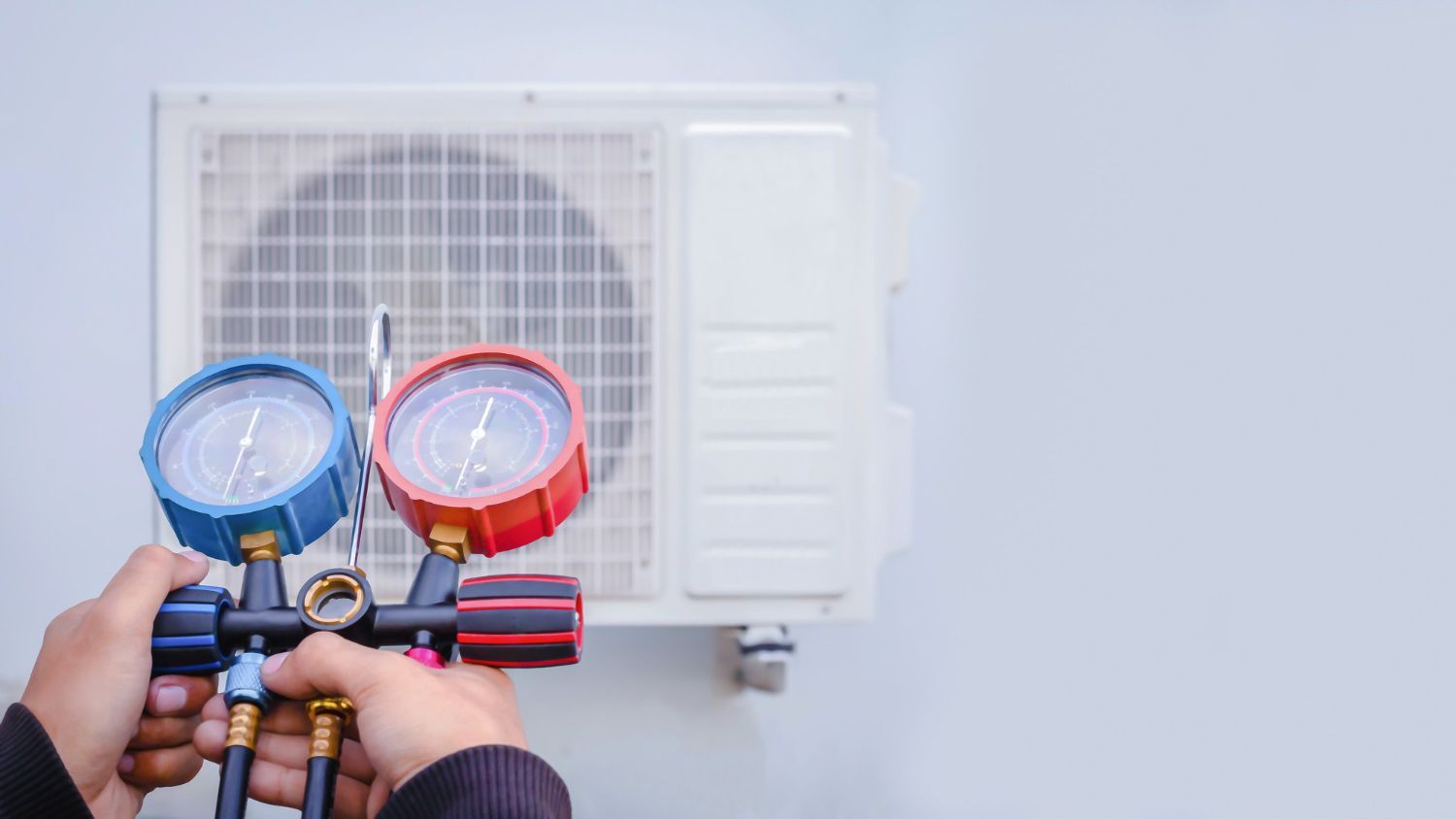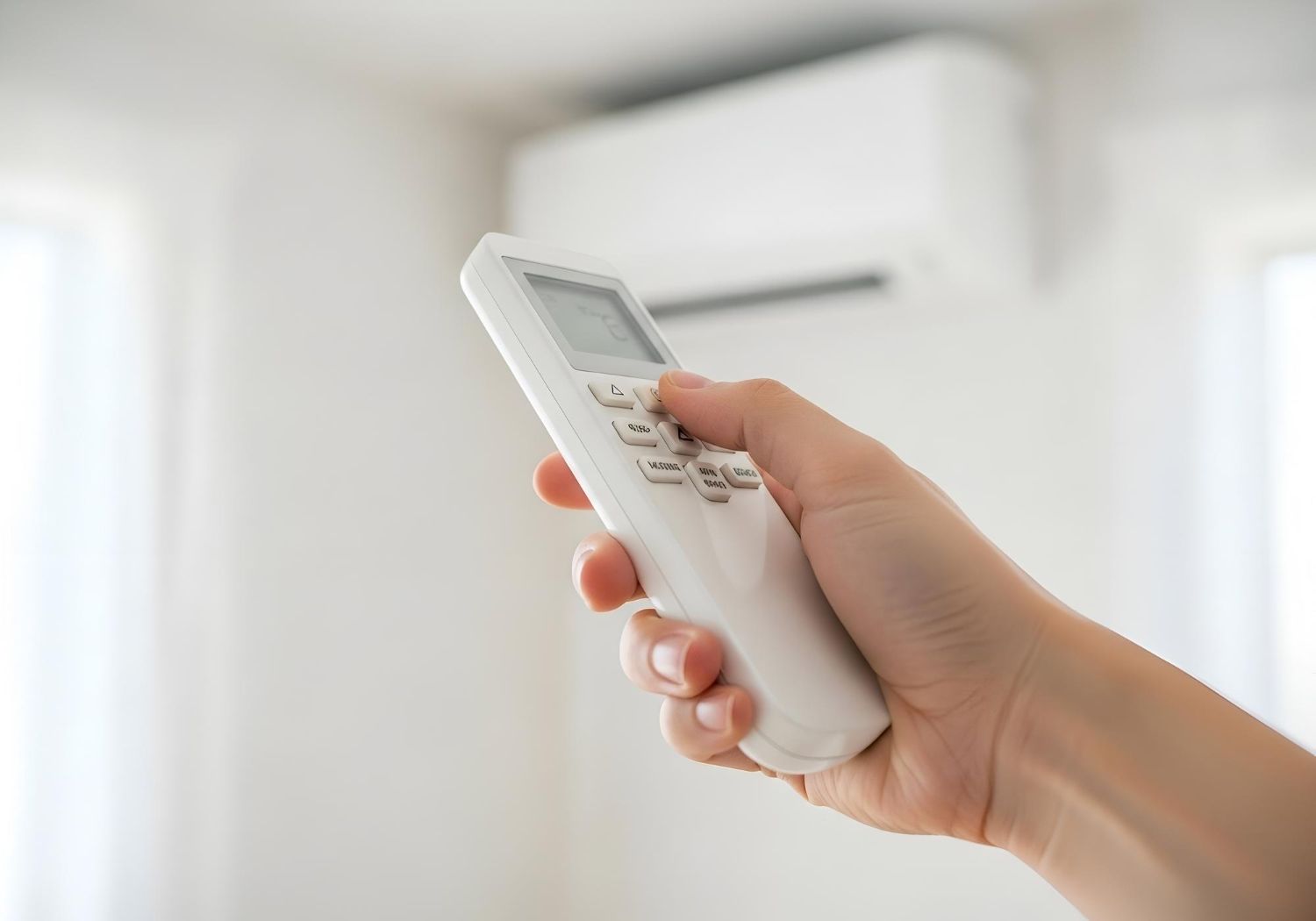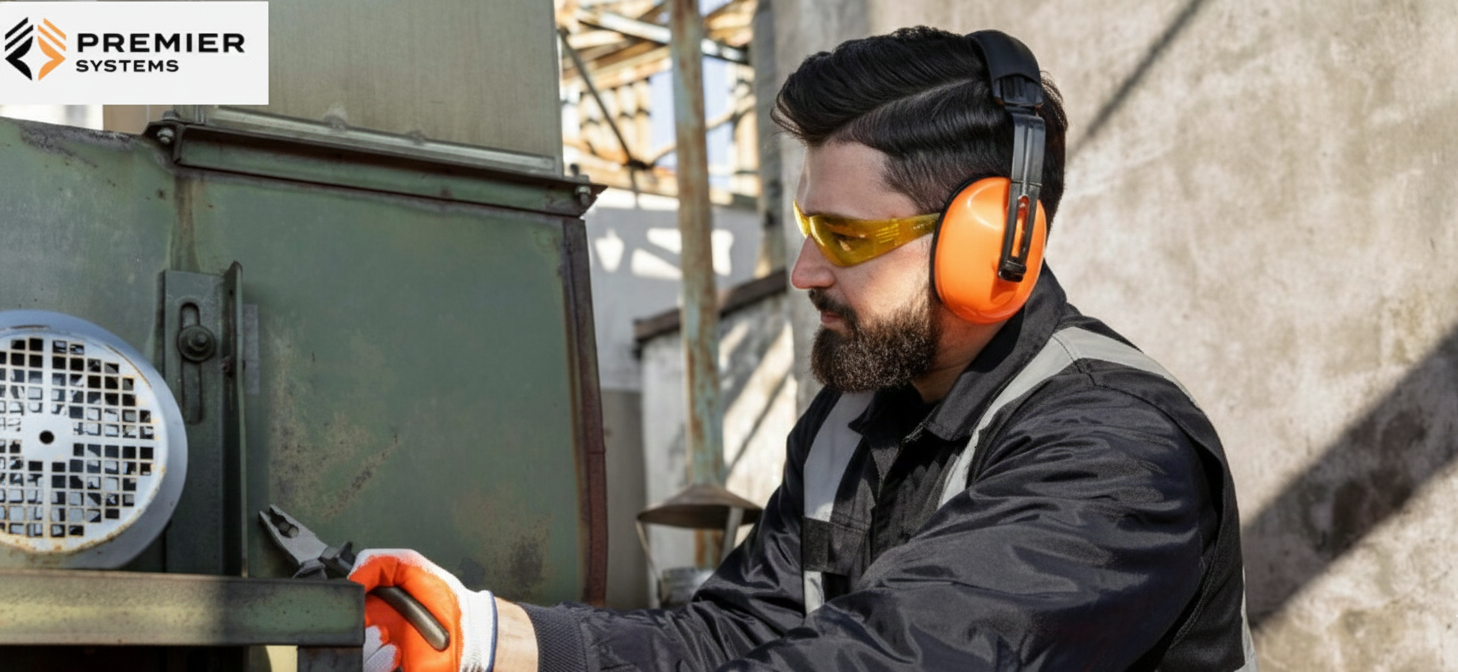Furnace Leaking Water in Winter: Steps to Take
The winter is when we depend on our furnaces the most. Unfortunately, during the winter, your furnace becomes more susceptible to breaking down. A furnace leaking water in winter generally indicates a bigger problem.
Sometimes this problem is an easy fix, but other times the solution can be more complicated. This guide explores what to do with a leaky furnace, including when to call for a furnace repair by Premier Systems.
Do You Have a Conventional or Condensing Furnace?
Before diagnosing what caused the leak and implementing the right repair solution, you'll need to check what kind of furnace you have.
It's easy to tell if you have a conventional furnace if you can spot a metal exhaust. Another way you can tell is if it has an Annual Fuel Utilization (AFUE) rating at or below 90 or if there isn't an AFUE rating listed.
If your furnace has a PVC exhaust pipe or an AFUE rating above 90, then it's a condensing furnace. A conventional furnace leaking water in winter is never a good sign and requires a call to an HVAC professional.
What Are the Main Causes of Furnace Water Leaks?
Knowing how to repair a leaky furnace starts with accurately diagnosing the problem. For example, it's normal for a high-efficiency furnace to produce condensation, which usually isn't an issue. However, your furnace may have a broken part:
Problem with Your Humidifier
AC units have a dehumidifier, while furnaces often have a humidifier. A humidifier's primary purpose is to add moisture to the air. This added moisture results in more trapped heat, warming your home more efficiently during the colder months.
Not every furnace has a humidifier, however. You can quickly tell if your furnace has a humidifier by seeing if it has a box with several pipes and wires running toward your furnace.
Sometimes a humidifier can cause your furnace to leak, usually because you have a clogged or dirty filter. You only need to clean or replace the filter to resolve this problem.
Your humidifier's drain can also be clogged, meaning you'll need to clean it. While a clogged drain or filter is usually an easy fix, it's crucial never to ignore a leak. Even a minor leak can escalate into a bigger issue that may require extensive repairs.
Condensate Pump
Not every furnace has a condensate pump, and this is an issue that only pops up in condensing furnaces. These furnaces feature condensate pumps designed to push created condensation inside the furnace out to pipes.
A malfunctioning condensate pump can trigger water backups, resulting in a leak. It's not advisable to attempt a condensate pump repair yourself. Instead, it's better to call a professional HVAC crew.
Flue Pipe
An ill-fitting flue pipe can often trigger a leak, requiring immediate repairs. Your heat exchanger can create condensation, and your flue pipe is responsible for draining this condensation. However, an improperly installed flue pipe can cause a water leak.
If you have a leaky conventional furnace, you should look at your flue pipe before anywhere else. However, the issue can also be your drainpipe.
Conventional furnaces don't produce condensation within their unit. Instead, they use a drainpipe to remove gases outside, creating condensation. Like with a flue pipe, an ill-fitted drainpipe can cause a leak.
Secondary Heat Exchanger
A furnace leaking water in winter can also be due to your secondary heat exchanger. A secondary heat exchanger absorbs your primary heat exchanger's combustion exhaust. Your furnace then releases excessive heat, producing water vapor.
Look for the following signs to check if your secondary heat exchanger is damaged:
- You can spot water dripping from the fan compartment.
- You can see some visible cracks.
- You notice corrosion on your secondary heat exchanger.
Unfortunately, a damaged secondary heat exchanger can often mean your furnace is reaching the end of its lifespan. It's possible to repair a furnace with this problem, but usually, it's cheaper to replace it with a new energy-efficient model.
What Should Homeowners Do If Their Furnace Starts Leaking During Winter?
Whether you're dealing with a minor or a substantial leak, taking immediate action is vital. Here are the following steps to take when dealing with a furnace leaking water in winter:
- Turn off your furnace's power: Many furnaces have a switch you can flip to turn off your furnace quickly. However, if you cannot spot one, you can turn your system off using the breaker.
- Clean up any water around the unit: Start by soaking up all the water around your unit using a dry towel. However, you may need to use a wet-dry vacuum for large water amounts.
- Try diagnosing the issue: Try diagnosing the issue before calling a professional HVAC team. If you have a dirty or clogged air filter, replace it with a new one to see if that resolves the problem.
- Call a professional HVAC team: Lastly, you'll want to call a professional HVAC team. The right team will bring years of experience and can quickly resolve any leak you may have.
Can You Repair a Leak Yourself or Hire an Amateur?
Some homeowners see an issue like a leaking furnace as a chance to try out their DIY skills. However, you shouldn't try repairing a furnace yourself for the following reasons:
You May Not Have the Right Tools
A professional HVAC team brings the right tools to repair and install furnaces. However, you may need to buy new tools before repairing your furnace or spend much more time with the obsolete tools you have.
You Can Cause Further Damage
You can end up damaging your furnace when attempting to repair it. Even if you fix the initial leak, you can create the right conditions for parts to break down in the future. A professional HVAC team can avoid this problem.
You Can Void Your Warranty
Many furnaces have a warranty that can save you money in the long run. However, these warranties generally have some restrictions. One typical limitation is that you can't have an unprofessional service your furnace.
Likewise, if you use a service from an unlicensed maintenance team, you may not be covered if they damage your furnace.
How Often Should You Service Your Furnace?
Some homeowners only call a repair team when they notice issues with their furnaces. Besides a leak, other issues can include:
- A furnace blowing cold air
- A furnace not turning on or short-cycling
- A furnace being abnormally loud
- Having broken down parts
- Suddenly having skyrocketing energy bills
The best way to solve these problems is through preventative measures. Servicing your furnace at least once a year can catch and fix minor issues before they become major headaches. It's best to service your furnace right before winter.
For the Best Furnace Repair Services, Call Us Today
Furnaces can make your home and family comfortable, especially during winter. Besides keeping you warm, a furnace can also improve indoor air quality and overall comfortability.
However, a furnace leaking water in winter can quickly become a nightmare. When faced with this issue, homeowners can call Premier Systems for the best furnace repair and maintenance services.
Even if your system has a minor leak, calling HVAC technicians is essential. When you call us, we don't waste any time coming to you with tools in hand, ready to diagnose and fix the leak. With routine maintenance, we can help prevent leaks from occurring again.
Bozeman, MT, residents can call our team today at 406-333-0177 for the best furnace maintenance contractors!

